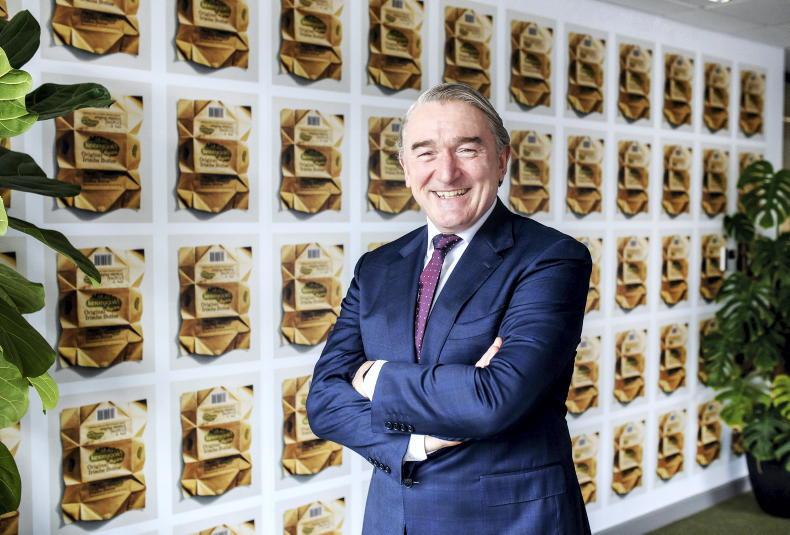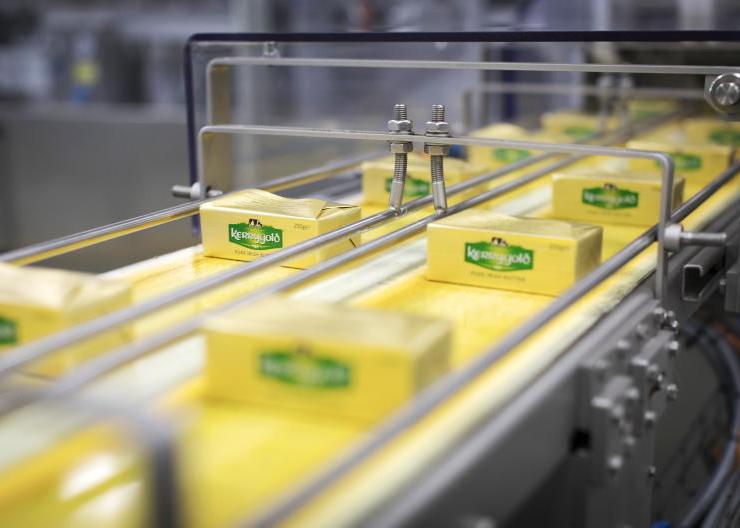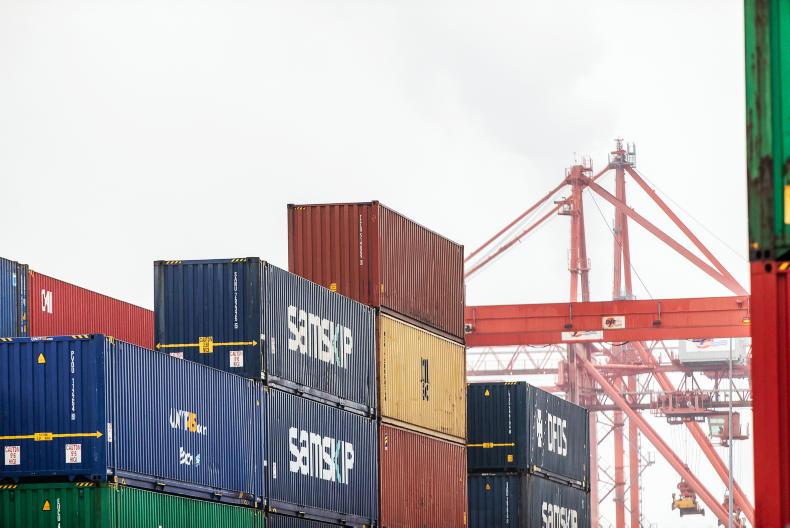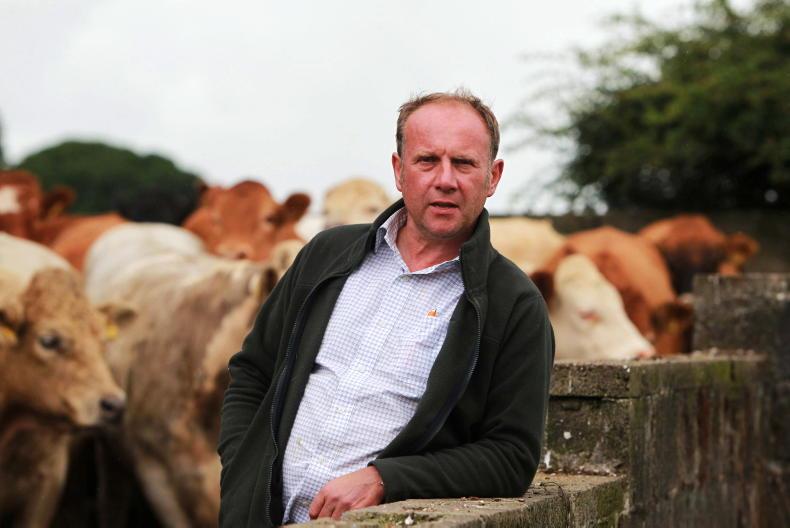There’s a bright future for grass-fed dairy, according to Ornua CEO John Jordan. He was speaking on Wednesday at the opening session of the Pasture Summit – a joint event organised by Irish and New Zealand dairy farmers.
“Take a packet of American butter and take a packet of Kerrygold and put them side by side. The American butter is white, it’s brittle and it’s difficult to spread.
“You take Kerrygold; it’s yellow, it’s got a softer texture and it’s got a taste.
“They’re attributes that are real and tangible that are driven by the fact it’s from a grass-based system,” Jordan said.
With plans to add €1bn to Kerrygold sales between 2018 and 2025, the co-op needs to act fast to capitalise on the growing demand for grass-fed dairy products.
COVID-19
Jordan said that COVID-19 has been good for the dairy industry.
Consumers are incredibly well connected
“For the past 15 months, [food consumption] has been, give or take, 100% at home and that’s magnified some of the trends that we saw in consumer behaviour pre-COVID-19. This absolute need and want for transparency around a brand.
“Consumers are incredibly well connected. The questions and engagement they ask is phenomenal.
“The trust they have in brands and products is hugely important. People want authenticity. They don’t want to hear a made-up story and be told it’s fake.
“The other real benefit over the last 15 months has been the resurgence and realisation for people that what we eat has an impact on our health. Dairy in particular, throughout COVID-19, is seen as being a very positive part of a diet and I think we’ve seen that response [in the market] not just because consumers are eating at home, but also due to a health response and we’ve seen a resurgence of dairy over the last 15 months.
“It’s performed incredibly strong in all of our key markets throughout the pandemic,” Jordan said.
Climate change
On the topic of the challenges ahead, Jordan mentioned the environment and Climate Action Bill as areas of particular attention, but said he was confident that the entire supply chain, from farmers to processors and Ornua, will stand up and work together to benefit the environment.
Again, go back to consumers and their beliefs. It’ll need to be tangible
“I think we’d need to make those changes real.
“Again, go back to consumers and their beliefs. It’ll need to be tangible. We can’t talk about it and then have the EPA come out and say that waterways in Ireland are getting dirtier. That just won’t work,” he said.
Nestlé
Also speaking at the event was Robert Erhard, head of dairy at Nestlé. He said that climate-neutral dairy farms are going to be the future standard, even though we don’t have all the answers as to how to achieve that just yet. On biodiversity and water quality, he said that more regenerative farming practices will be the solution to these challenges.
Nestlé has committed to be at net-zero emissions for its entire product mix by 2030 and is endorsing regenerative agriculture practices such as multispecies swards, etc.
We look at what matters in consumer communications
The company has set up dairy research teams that will work with the processors they purchase milk from, but also their own farmer suppliers, where they exist.
“We look at what matters in consumer communications and pass that message back down to the supply chains, because this is really a linking together and a holding of hands to deliver and make sure that we as a dairy industry are able to move forward together.
“That all sounds nice and good, but it requires financial resources and that can be done through bank financing, but it’s also linked to how we pay [for dairy products],” Erhard said.
He said that farms that operate dairy systems which are closer to nature will find the future transitions to low carbon and biodiverse systems less daunting.









SHARING OPTIONS